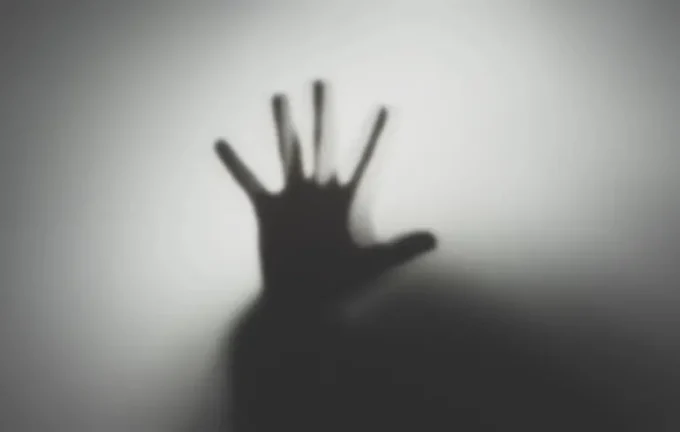How to survive emotionally during the war years: five key words from our experience

For more than three years, Ukrainians have been living in a mode of an unknown future, in a state of continuous testing and personal endurance. The war changed our world forever, and we are all forced to reflect on what is happening to us, our feelings, and our life perspectives. Having lost many of the main components of well-being — security, stability, predictability — people are directing all their efforts to adapt to the new reality and preserve themselves. This is not just a psychological syndrome, but a deep life crisis that has touched each of us. In this article, I want to share five words that reflect the most relevant aspects of our present. They help us better understand ourselves and our surroundings, find the strength to move forward even in the most difficult conditions. These are not just words, but also keys to survival in the conditions of war, which has torn apart normal life and turned it into a daily struggle for every moment. **The first word is “lack.”** The war has deprived us of many things: security, peace, stability. Emptinesses that did not exist before have appeared on the daily fronts of our lives. The greatest deficit is in the sense of security. You cannot turn back time, you cannot get back what was lost, but you can learn to live with this lack, looking for workarounds to satisfy even the simplest needs. It is as if each of us has an imaginary “disability” — the loss of functions that previously seemed indispensable. Lost opportunities to return home, to be with loved ones, to simply sleep at night or cross the border — all this is a thing of the past. However, it is adaptation, ingenuity and mutual assistance that become our main tools for overcoming this national and personal “lack.” It is important not to be ashamed to ask for help and to be ready to confront this emptiness with the help of small but significant steps. **The second word is “pain.”** Every day is a mix of emotions and experiences. Hopelessness, anxiety, despair, anger, sadness — all this accompanies life in war. And although sometimes we want to hide these feelings, pretend that everything is fine, they are an integral part of our existence. After all, they are the ones that signal that we are alive, capable of unexpected emotions and react to the challenges of the world around us. Anxiety gives us a push — to be on the alert, sadness helps us survive losses, and anger — does not allow us to break down. It is worth remembering that these feelings, although difficult, are a natural reaction to a difficult situation. If possible, try not to drown out the bright moments — we need joy and pleasure in life in order not to lose our human face. **The third word is “exhaustion.”** Experts have repeatedly recorded war fatigue since 2022. The fourth year of bloody confrontation — and we have already become accustomed to living and working, despite countless signs of chronic stress. According to the Gradus company, more than half of Ukrainians feel severe physical and psychological exhaustion. This feeling is growing every year, and now it is difficult to hide it. People are in a state of “mortal” exhaustion, and this is despite the fact that the war is ongoing, and the fronts have already become part of our subconscious “background”. Stress is permeated by every cell of our body — and this is normal. What to do? The simplest thing we can do is allow ourselves to rest. Restoring strength is the main priority. Even a short break and a few minutes of relaxation can reduce the invisible burden and restore vital energy. **The fourth word is “uncertainty”.** We live in a time when it is impossible to predict the duration of the war or its endpoint. This gives rise to many doubts, hesitations and difficulties in making decisions. People often don't know whether it's worth investing in new projects, going somewhere, or waiting out this terrible period. There is no algorithm — a clear instruction. The only thing that helps is a familiar routine. Given all the risks and uncertainties, every day, fulfilling our duties, improving rituals, keeps us afloat. After all, it is control over everyday affairs that reduces the feeling of meaninglessness and gives a sense of stability in the midst of chaos. Always remember: even in the darkest times, there is something you can control — in preparing food, in maintaining order, in taking care of your loved ones. **The fifth word is "life"**. In conditions of war, it is important to remember: despite everything, we live. Our life is not only existence, it is also filled with small daily joyful moments. We get up in the morning, kiss our children, drink coffee, read books, communicate with loved ones, laugh, hug each other. This is a true value, a value that should not be lost even in the most difficult times. Life itself is our most important resistance and response to war. It should not be postponed or devalued. We do not have the privilege of waiting for better times - we live and fight every day. This is our true victory - in preserving our human face and the strength to move forward. So, even in the darkest conditions of war, you can find the strength to live - with the help of modern wisdom, inner resilience and joint support. After all, every word we say, every day is important to heal wounds and create the future. And in four walls, in a crowd, in solitude - we live, and this fact is more important than any lists of "shortcomings" and "condemnations." Believe in your own strength and don't let war break your humanity.

